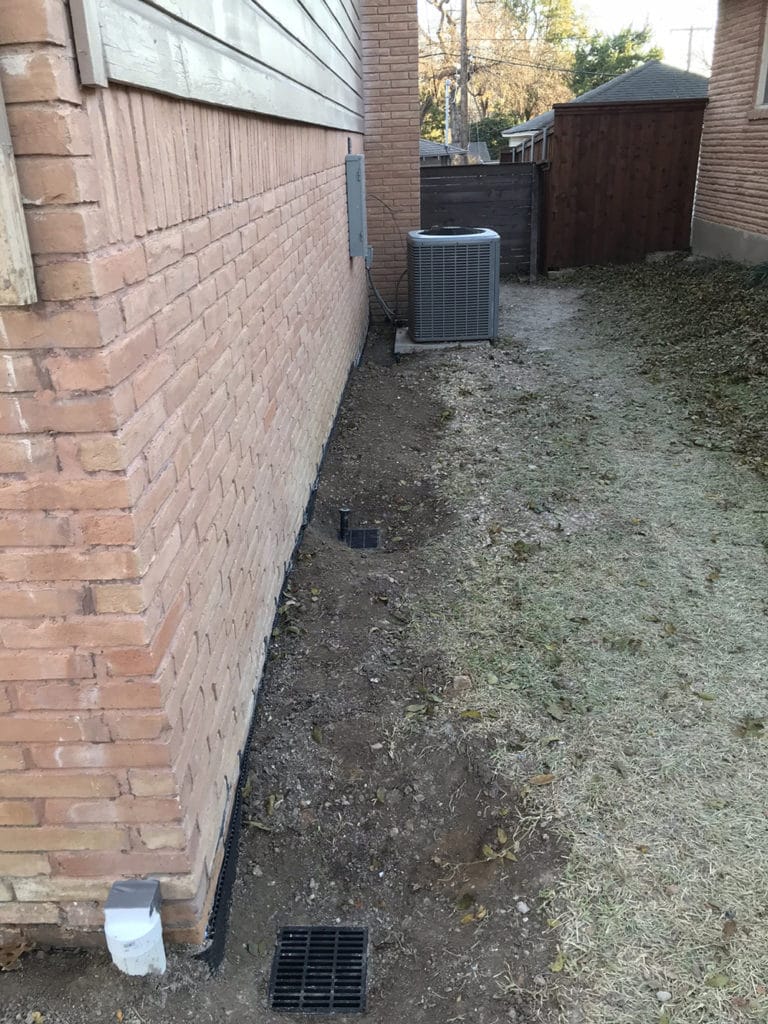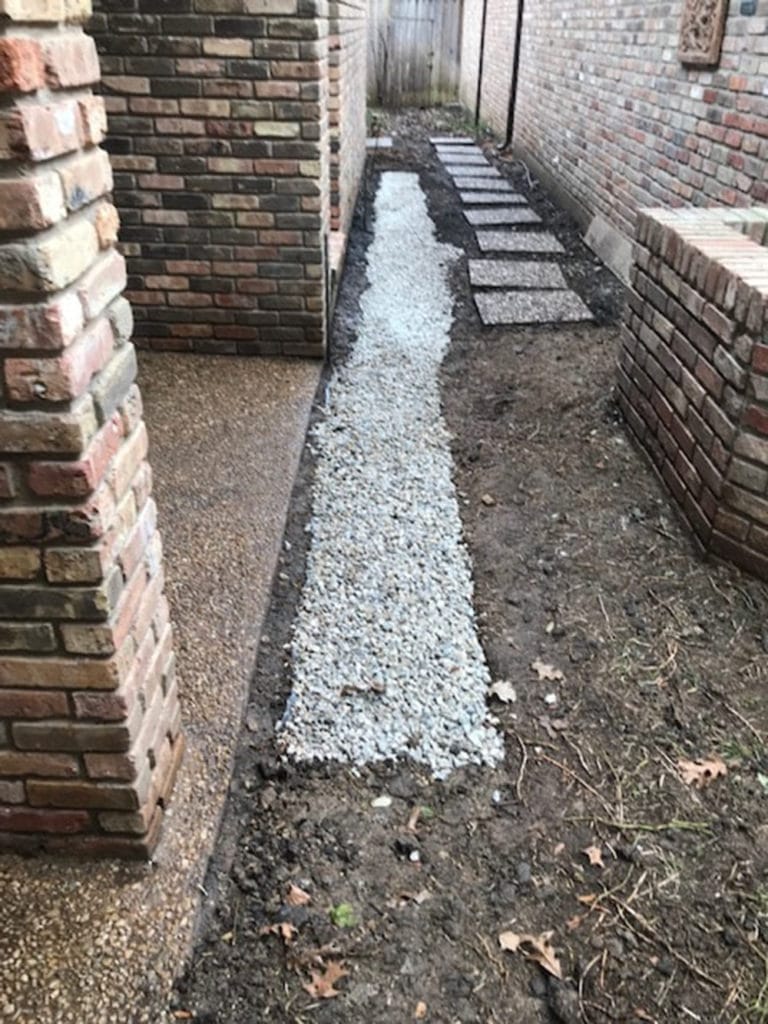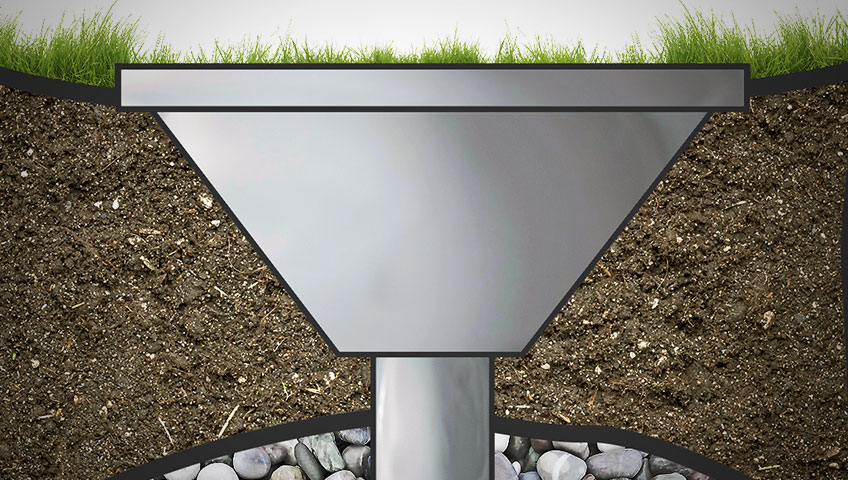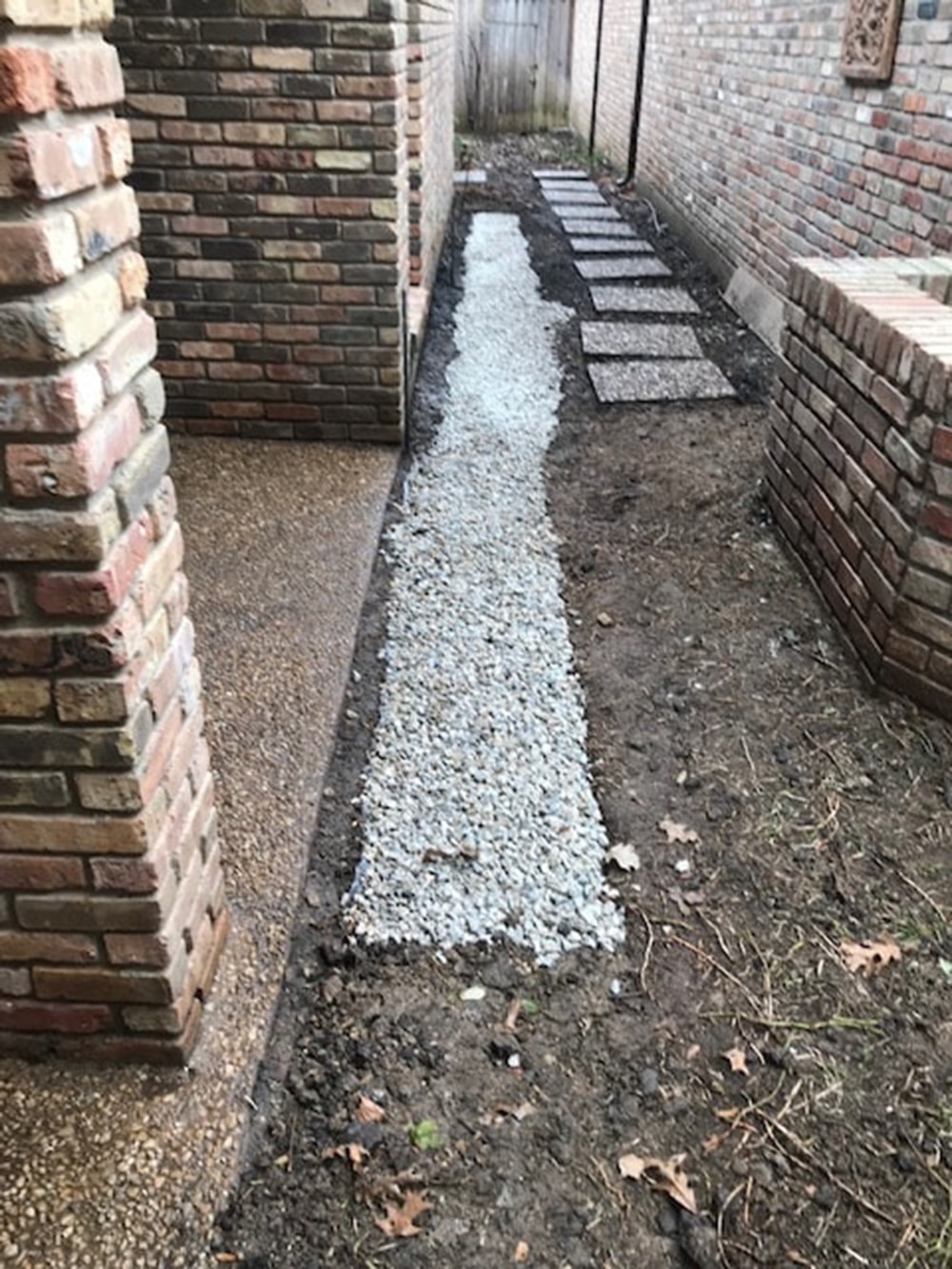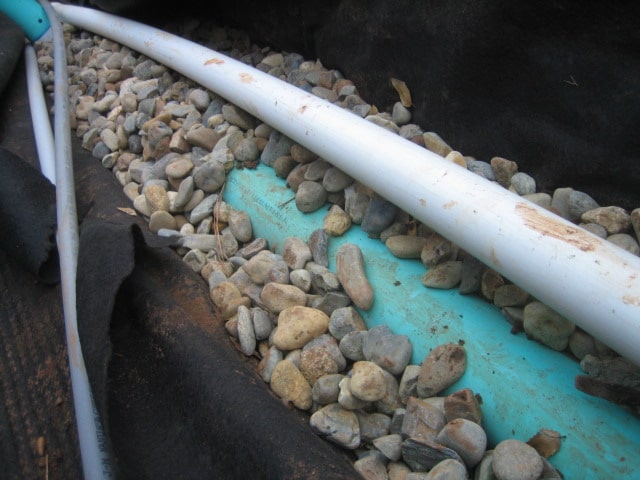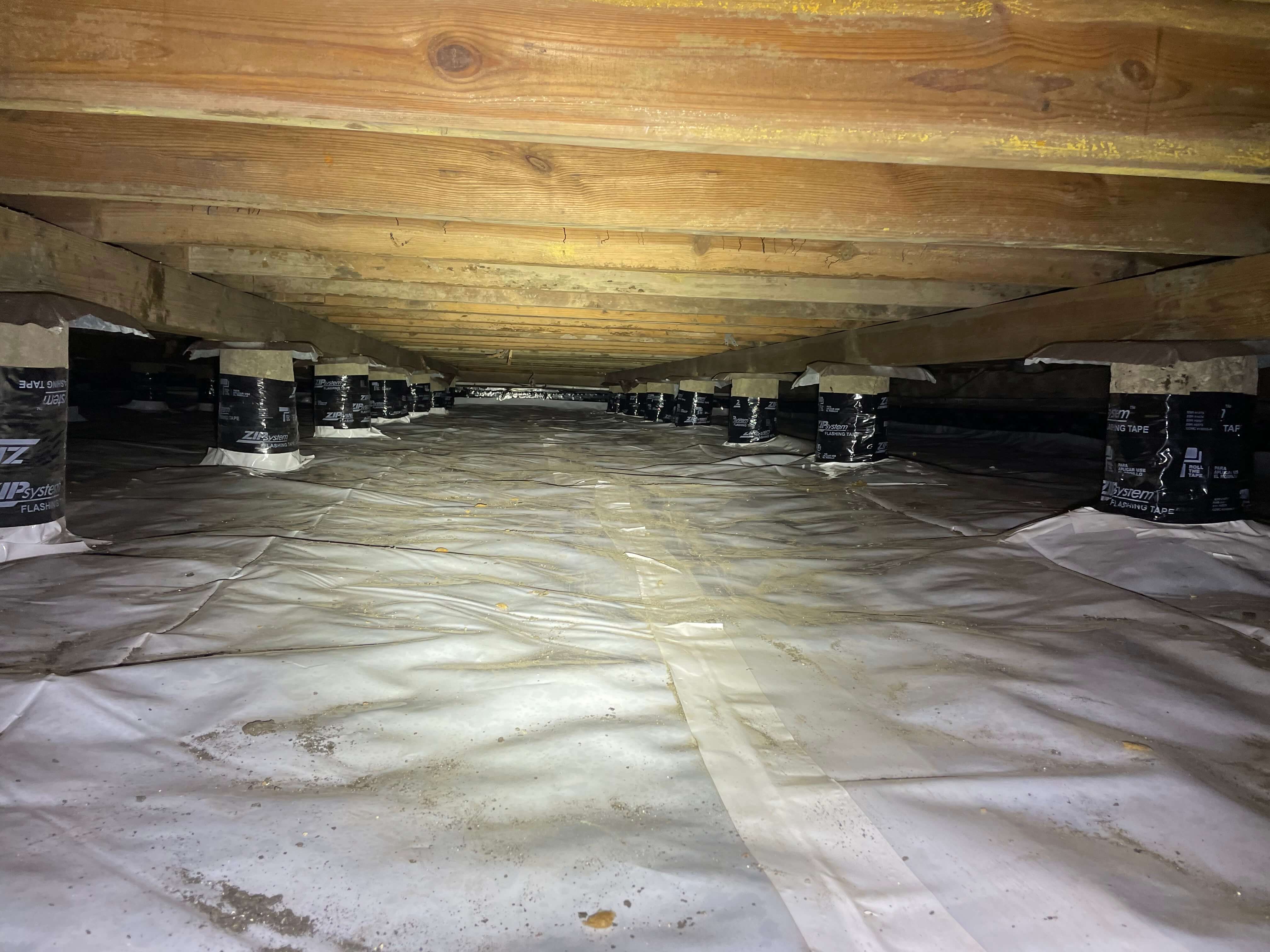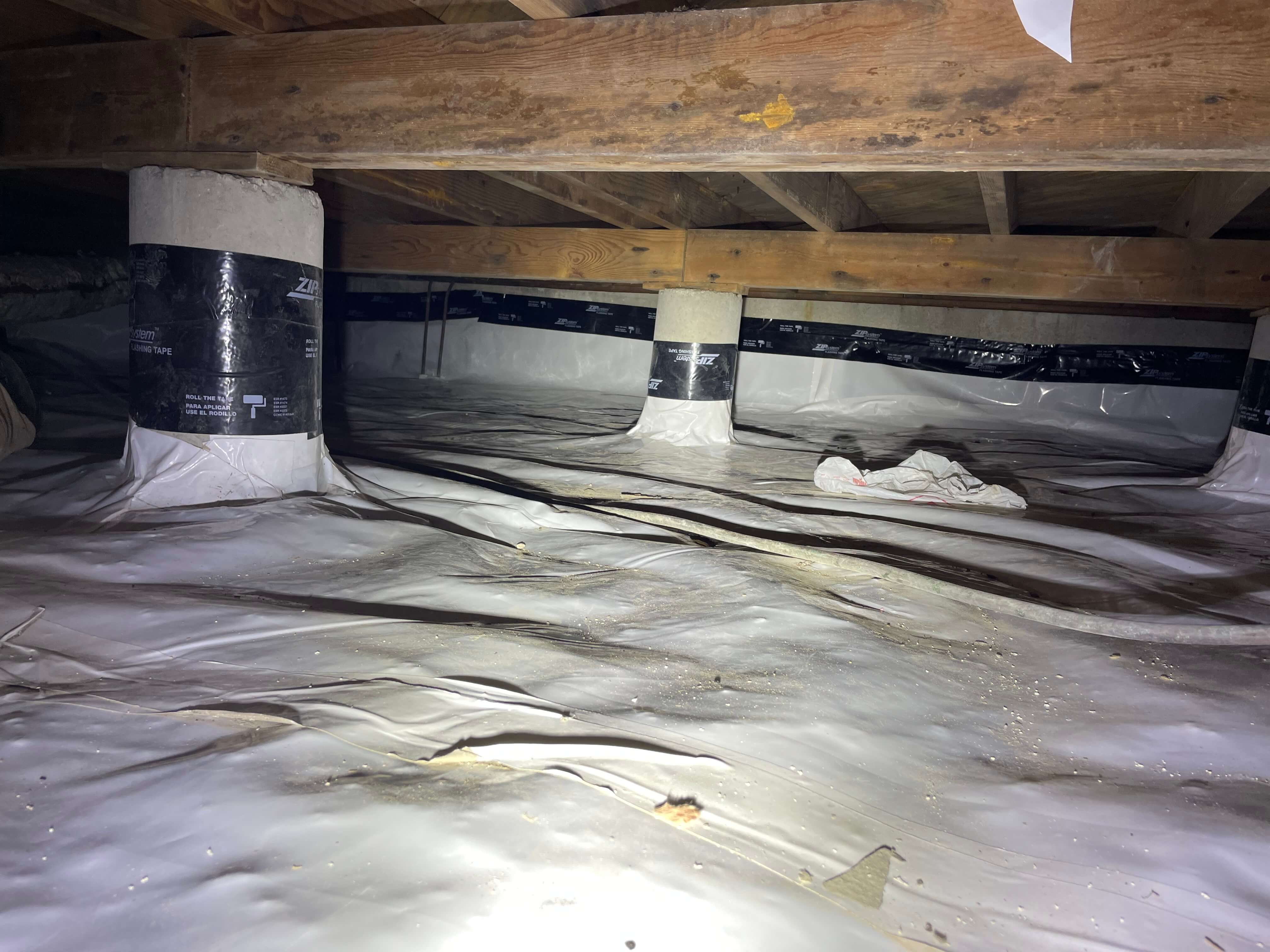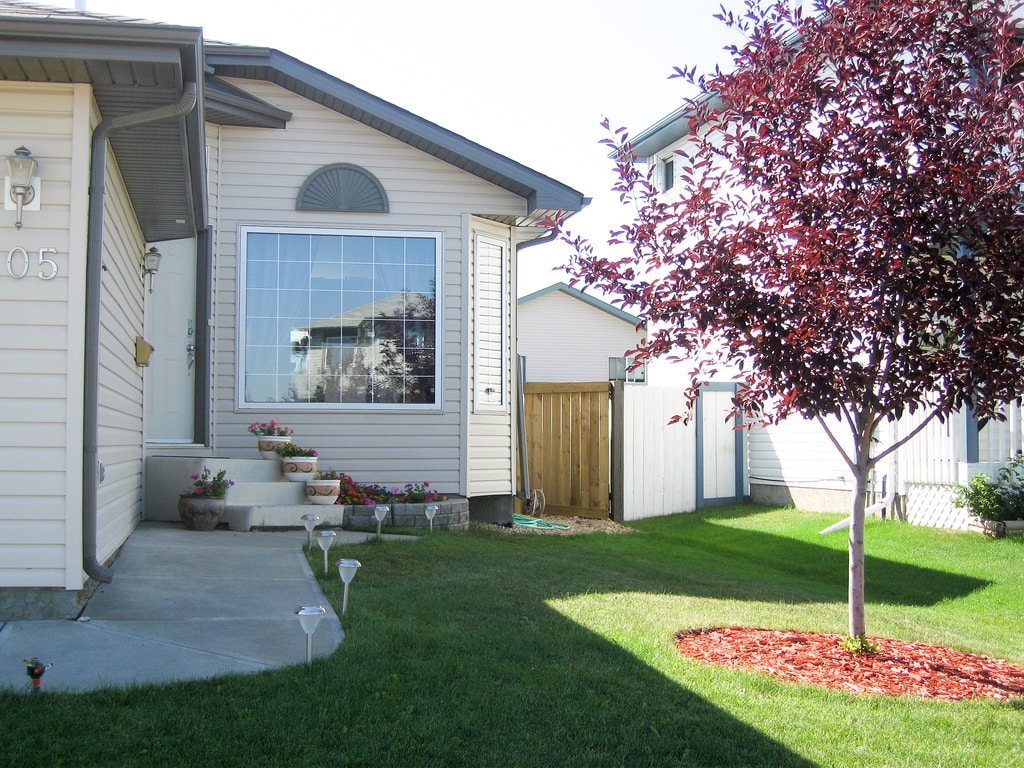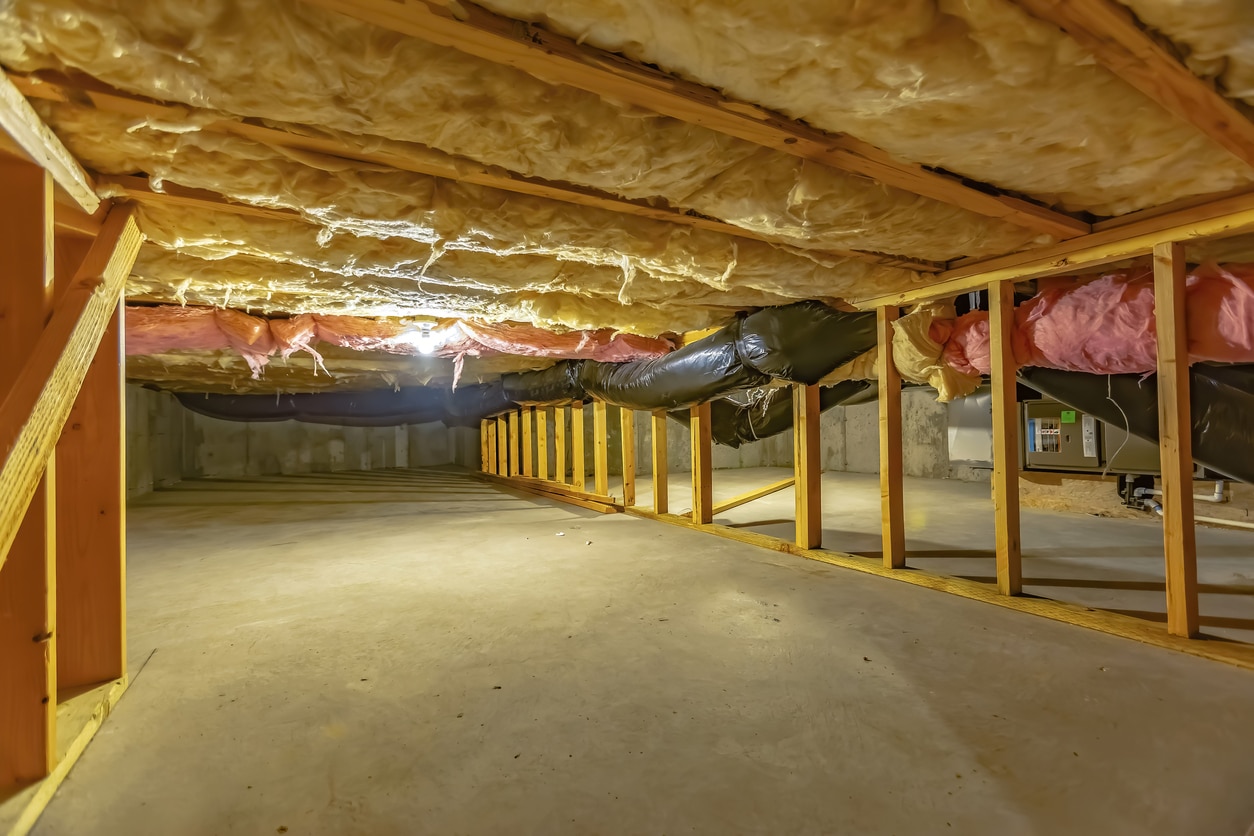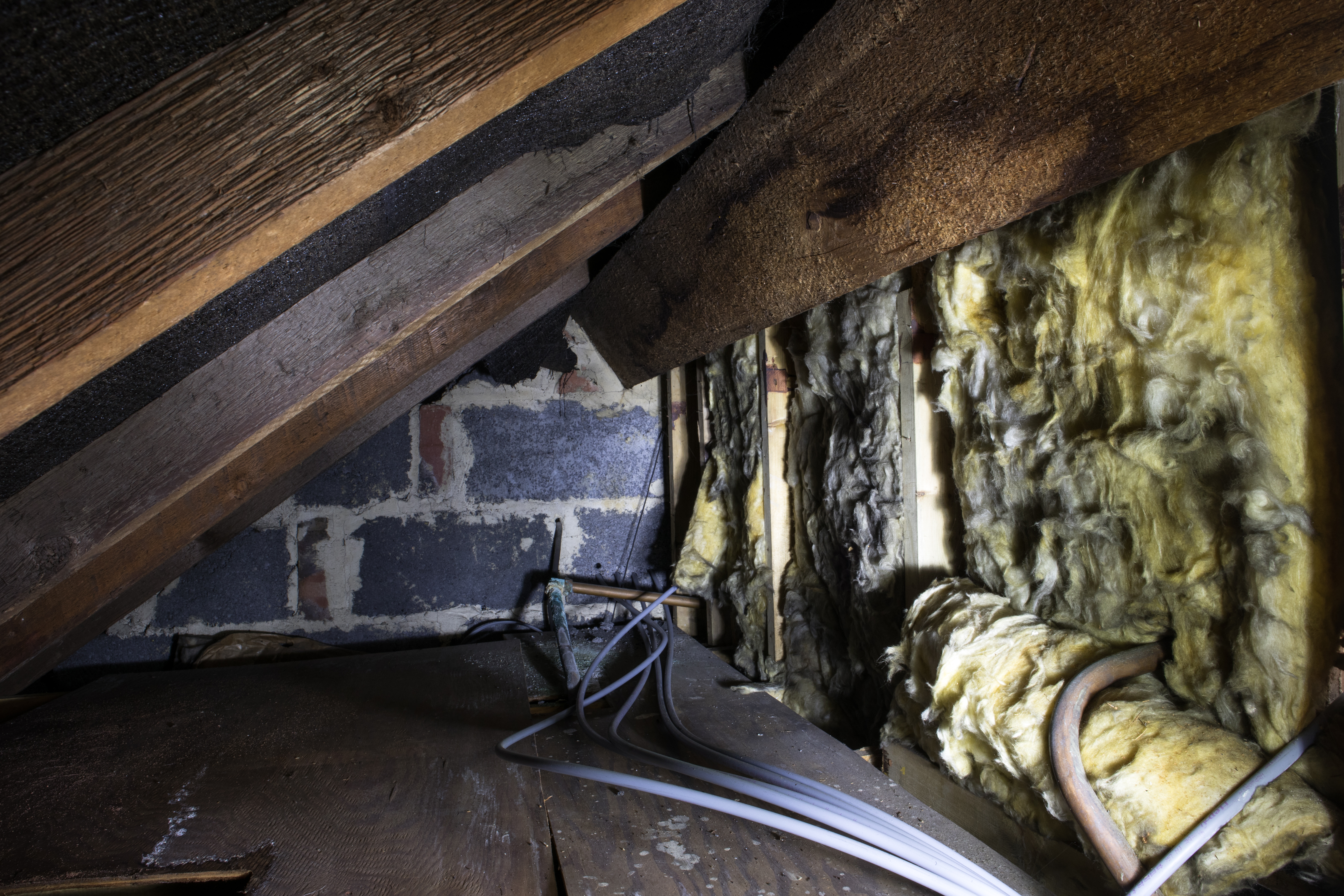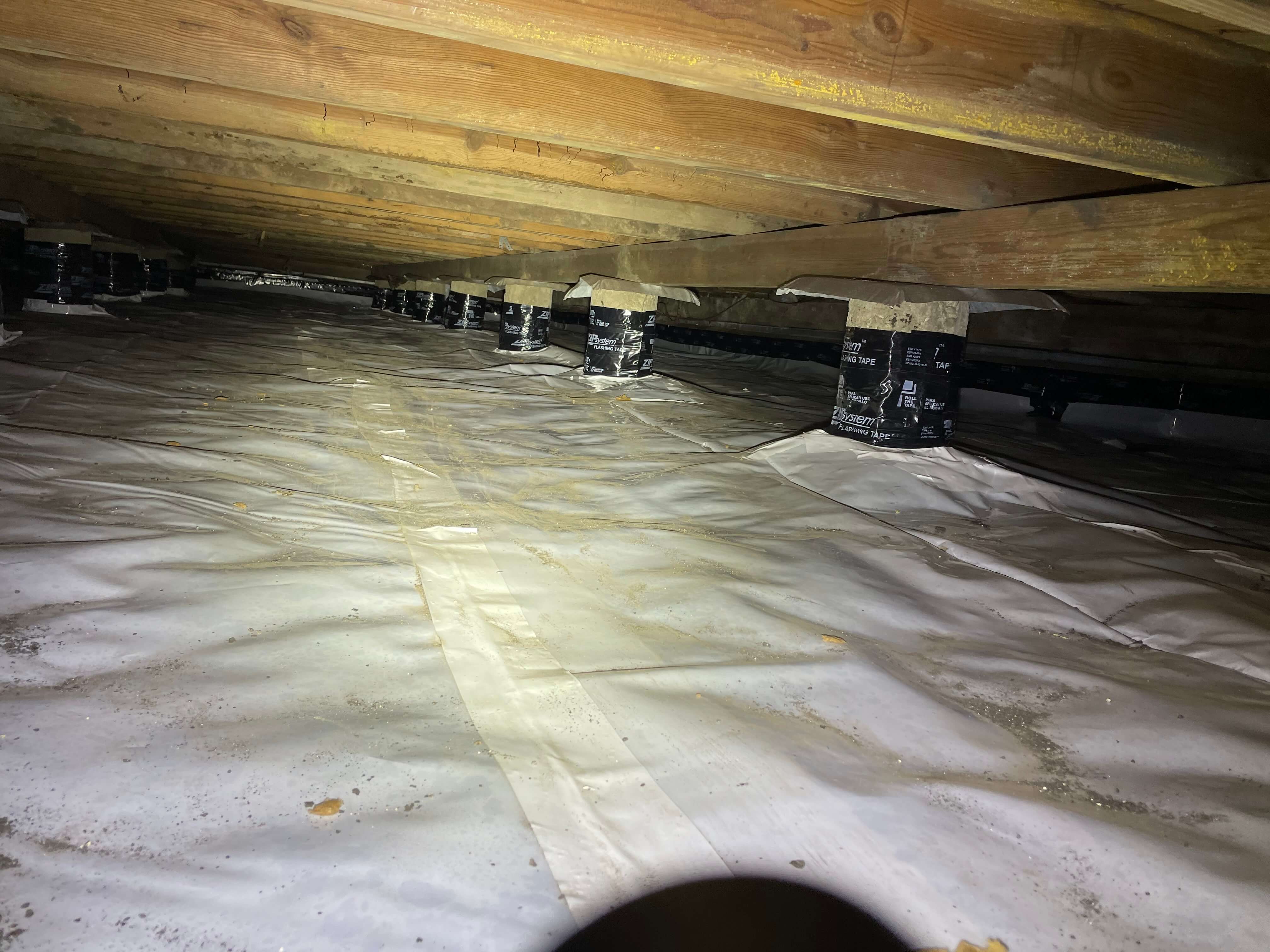From increasing curb appeal to making your yard more usable, landscaping has a long list of undeniable benefits. That said, if you’re going to be landscaping close to your home, it’s important to watch out for
mistakes that may damage your house’s foundation on over me. The last thing you want is a long list of costly repairs to undermine that long list of landscaping benefits.
In this guide, the professionals here at Align Foundation Repair provide 7 expert tips for landscaping next to your house foundation. Not only will these tips spare your foundation on from damage due to bad landscaping choices—they’ll also show you how to better preserve your foundation, as good landscaping can actually protect a foundation in the long run.
Read on to learn how to landscape the right way for your foundation, and book your free estimate with our foundation on repair experts today!
Protect your foundation before your landscaping even starts. Contact Align Foundation Repair for recommendations.
Checklist for Landscaping Next to House Foundation
Here are seven tips for proper landscaping around your foundation.
Plant Trees Away From Your Foundation
As far as foliage for landscaping goes, trees are the biggest and baddest choices out there. Take a moment to think how tall and wide they can grow above-ground. (They often need trimming and pruning in order to protect power lines, roofs, and other property.) Now, apply that same size and growth rate to what’s going on underground.
That’s right: the root systems of certain tree species can be as large as their above-ground branch systems. These massive root systems can grow under your foundation, causing major damage as roots grow in all directions in search of moisture. Avoid trees that extract a lot of water from the soil, as this is bad for your foundation.
To avoid any interaction between root systems and your foundation, it’s a good rule of thumb to plant smaller trees at least 15 feet away from your house and larger trees at least 20 feet away from your house. You can also choose trees with shallow, less-expansive root systems, including:
- Japanese maples
- Umbrella trees
- Redbud trees
- Weeping willows
- Lilac trees
- Dogwood trees
- Most pine trees
- Most fruit trees
Make sure you leave some of Your foundation exposed
Excess moisture is one of the biggest of enemies of a home’s foundation. To mitigate, it’s a good idea to give your foundation some breathing room—literally.
By leaving a few inches of your home’s foundation exposed, you’re promoting air circulation, which can go a long way in regulating the moisture levels in your soil. This will help ensure that your foundation is never bogged down with excessive moisture, which can lead to a number of problems, including erosion, mold, and pest infestations.
As an added benefit, leaving a bit of your foundation exposed will allow you to inspect it at any time. This will give you insight into any potential hazards or small issues—allowing you to address them before they become big problems.
Watch out for drains or outlets
If excess water is the enemy of your home’s foundation, your drains are excellent defenders against it. That’s why it’s important to let them do their job—and not let your landscaping get in the way.
If there is a drain in your yard, it’s there for a good reason. Covering it with plants can restrict drainage which contributes to foundation damage. Covering it with dirt or mulch is even worse, as it will restrict water flow even more. Worse of all is covering any drain with pavers or other solid features, which all but eliminates water flow and can lead to flooding, pooling water, and oversaturated soil—all hazards for your foundation.
Improve your gutter system
Continuing on the theme of water—a short review of the water cycle will quickly reveal another source of trouble for any foundation: precipitation. When rain or snow hit your roof, they eventually drip down to the base of your home, where they can seep into your foundation and cause major problems.
To stop the seeping before it even starts, keep precipitation away from your foundation by installing a high-quality gutter system. This is a tip that transcends landscaping itself—and it will pay dividends by keeping your foundation in great shape for years to come. Here are a few guidelines for making your gutter systems the best it can be.
- Use gutter extensions to push water at least 6 feet away from your foundation (best to take to street or alley)
- Install underground downspouts to carry water further out and away from your home
- Keep your gutters free of dirt and leaves (clogged gutters lead to excess water, overflow, and pooling water)
- Check for any holes, gap, or leaks while cleaning your gutters and repair them as soon as possible
Mulch your flower beds.
By this point in the guide, we’ve made it clear that excessively wet soil is bad news for foundations. What you may not know is that excessively dry ground can cause its own host of problems. In summary: excessively dry soil will shrink and if not properly covered with some sort of ground cover may lead to erosion.
So, how do you keep the ground around your foundation properly moisturized? Landscaping is the answer. (And yes, this is yet another case where proper landscaping can actually help protect your foundation.) To moisturize your soil and safeguard your foundation, is water with sprinklers, soaker hose, drip irrigation, mulch and landscape.
Mulch retains moisture and will be beneficial to both your plants and your foundation in the summer months by preventing the soil around your property from becoming too dry. It’s a good idea to reapply every few years, as even mulch can move or dry out over time. Han scaping is more permanent and is not termite food.
Make sure flower beds slope away from your foundation
Whether you live in the greater Dallas-Fort Worth area or elsewhere, it’s vital to ensure that the grade of your property isn’t adversely affecting your foundation. Before we get into our grade guidelines, here’s a quick review.
In simple terms, the grade of a piece of land refers to its slope. (In fact, the words “slope,” “incline,” “mainfall,” “gradient,” “pitch,” and “rise” are all frequently used to refer to grade, so you’ve likely encountered the concept before.)
For the purposes of preserving your foundation, you want a grade that guards against erosion in all its forms. (Again, improving your grade is a landscaping choice that help protect your foundation in the future.)
Here at Align Foundation Repair, we recommend having a minimum of a couple inches per foot or a drainage system may be needed. This will enable water to move away from your foundation and help prevent against pooling.
Water evenly in non-landscape areas.
Excess moisture is bad for your foundation. Excess dryness is bad for foundation. An imbalance of both? Bad for your foundation. If you’re going to be watering your yard, make sure you water primarily around the foundation and everywhere—not just the landscaped areas. Here’s why.
If only one section of the yard is landscaped, the soil on that side will expand because it’s likely to be watered more often. Soil expansion can lead to foundation cracks, which can lead to hundreds, if not thousands of dollars in repair costs. To prevent this unwanted expansion (and cost) water uniformly wherever possible.
An added tip for the Dallas-Fort Worth area:the expansive clay soil in the region is best watered moderately but routinely. Use deep-rooted plants, as shallow-rooted plants could erode over a short period of time. Consistency is key!
If your landscaping is damaging your foundation, contact Align Foundation Repair for a free estimate.
Learn More and Contact Our Dallas Foundation Repair Experts
Choose the North Texas foundation and drainage repair experts you can trust. Contact Us today if you would like more tips for landscaping around house foundation in Dallas, or you’re concerned that your foundation may be damaged. We can schedule a free inspection and give you even more advice on landscaping, maintenance, and foundation repair in Dallas-Fort Worth.
